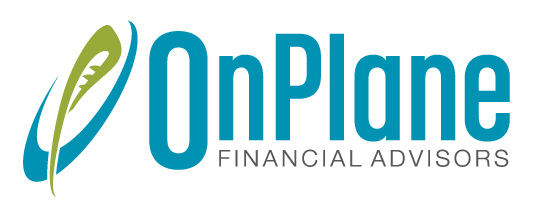Imagine taking a cross country road trip in your car, but you don't have a spare tire. You might be okay, and your trip could go off without a hitch - you don't get a flat. And that would be ideal, right? But there's also a very real chance of the opposite happening - you do get a flat tire. If you're lucky, it's in an area where you can readily get help or assistance.
Or maybe you're not. You're in a barren stretch of road, the middle of the desert or on a mountain or in the countryside somewhere. Anywhere, really. Now what happens? How do you solve that problem? You have to hope, maybe pray that someone is there or shows up to help you.
On the flip side, having that spare tire is the responsible thing to do, it's about being prepared in case the event we aren't counting on - flat tire - becomes reality. You hope you don't have to use it, but you have it just in case. We all have one in our cars, yet how many times do you consciously think about it. We almost take it for granted. But having it is the right thing to do. And there's something different about someone who does the right thing.
I believe most of us want to do the right thing. And doing the right thing can be hindered by a lack of direction. Maybe we're an ostrich. Or maybe we don't have someone in our lives to hold us accountable. Maybe we are financially savvy and don't have the time. Or we have the time but maybe don't have the initiative to learn about and tackle our financial lives. So if we don't know where we're going, how can we do the right thing(s)?
Again, I'll use a car analogy and let's talk about a road trip again. Imagine you're in your car and you're all set to drive but the destination is unknown. Where are you headed, what's the plan, and what are the steps or direction you need to take to get there? Or maybe you don't even know how to drive the car? And then what's the emotional toll of not knowing where you're going or how to get there? Is it anxiety, stress, embarrassment, worry, fear, guilt?
So how do we get from where we are today to doing (more of) the right things and feeling like there's some direction in our financial lives? I have a quote I like to use to answer that question: "Do Well. Be Well. Financially." Here's what that means: You have to do well, or do the right, responsible things: protect, save, pay off debt, focus on the factors we can control.
And the end result of doing well, the action-reaction if you will, is your financial life is now guided, it has a direction and that direction can help you feel better, or Be Well. And as a result we can remove a lot of those emotions, help you feel less anxious, less stressed, less worried, less guilty.
Do Well. Be Well. Financially.

